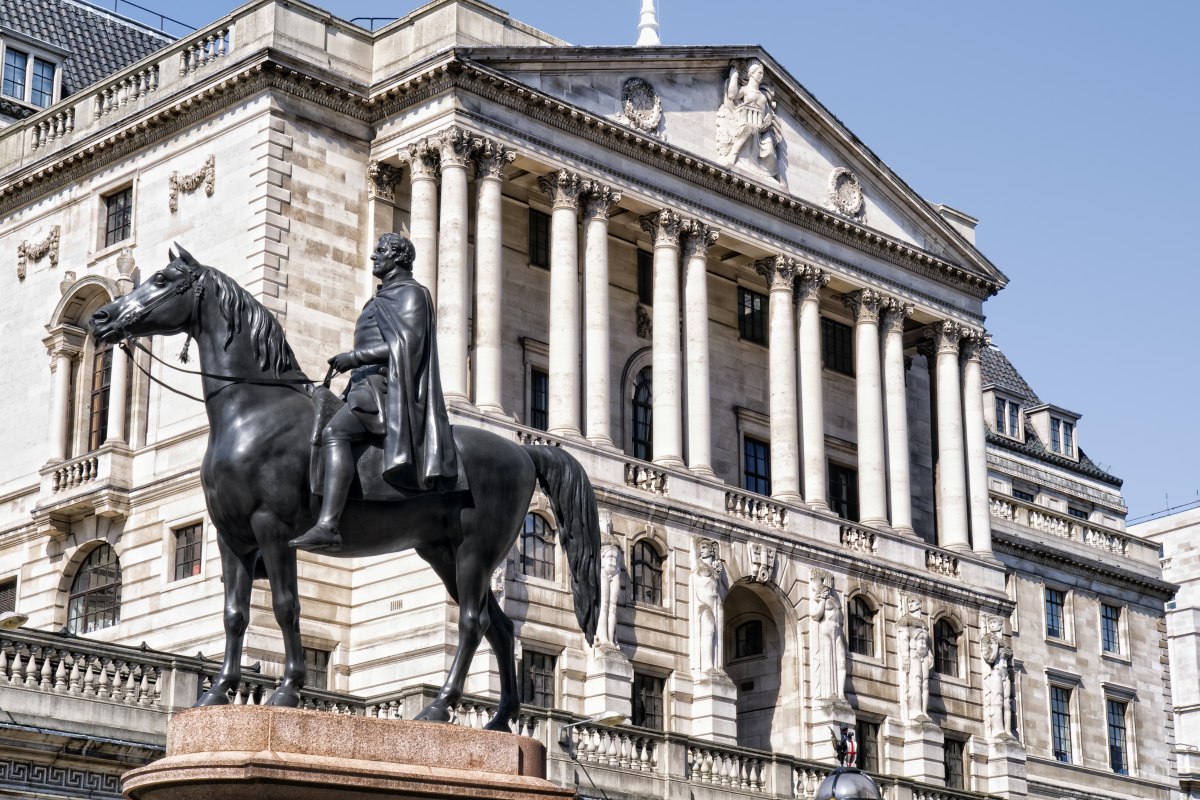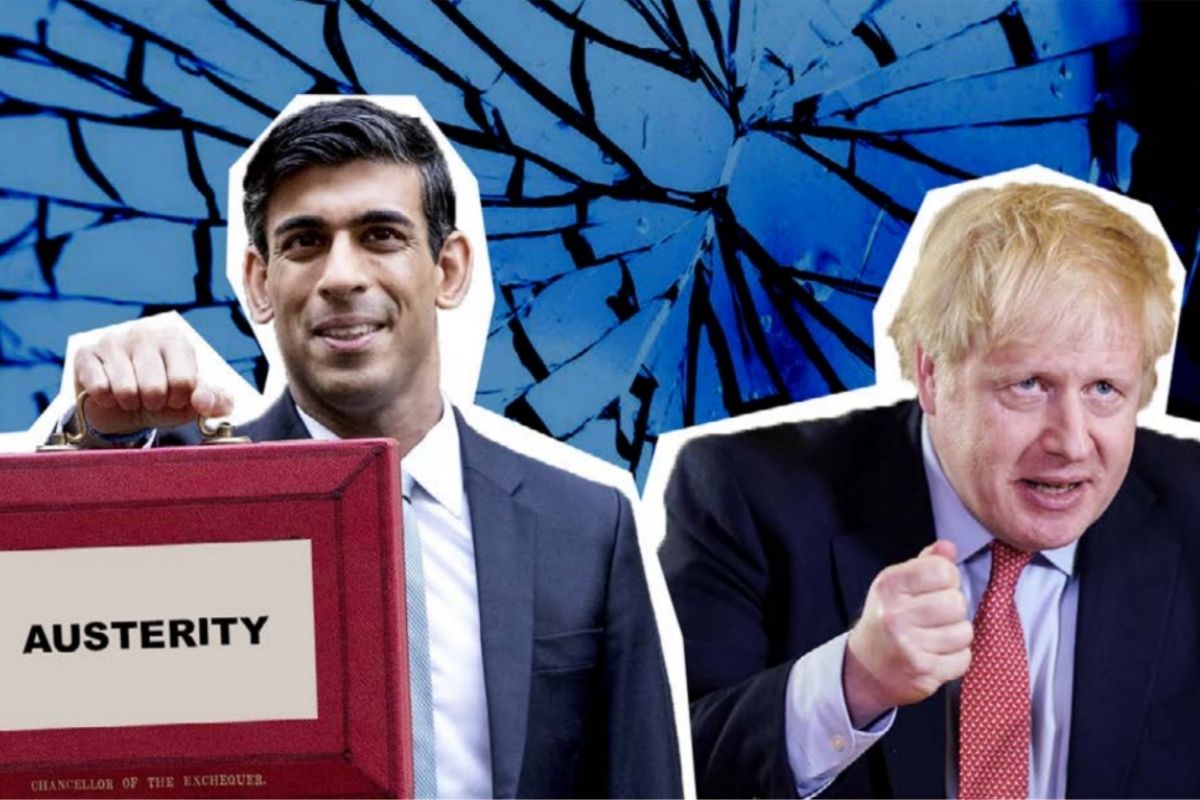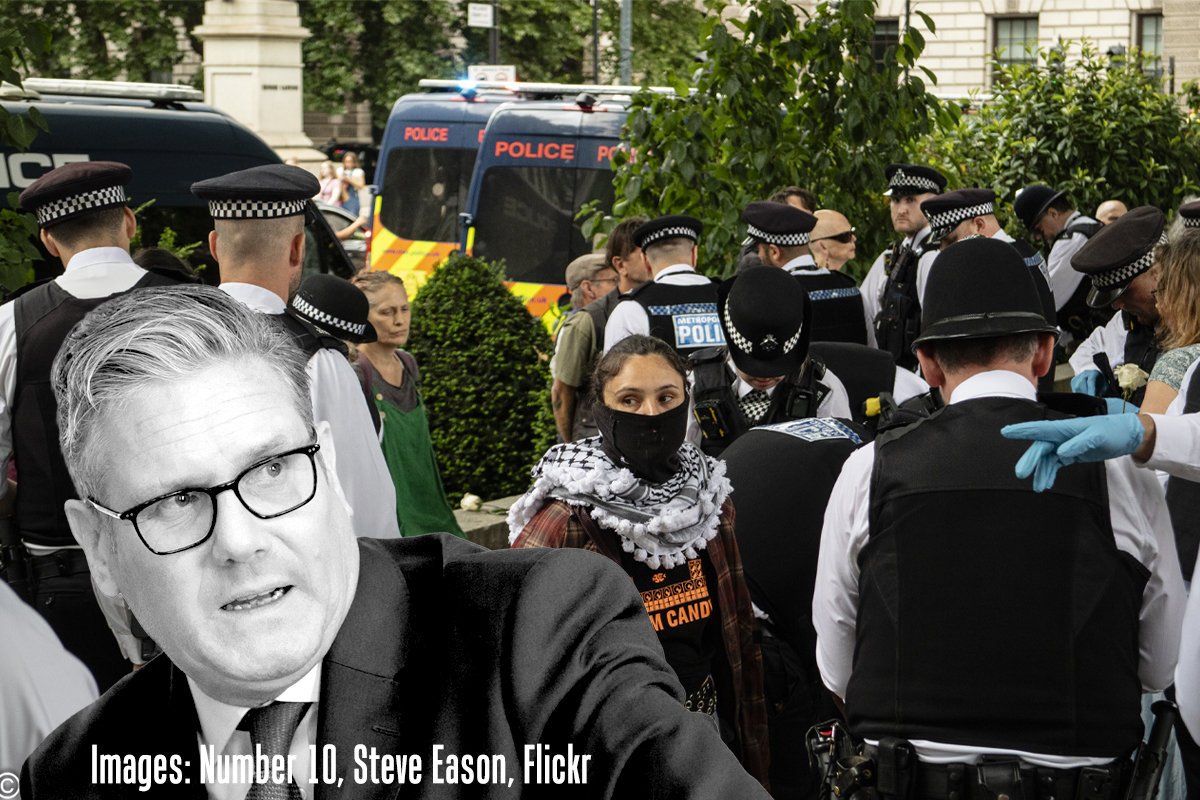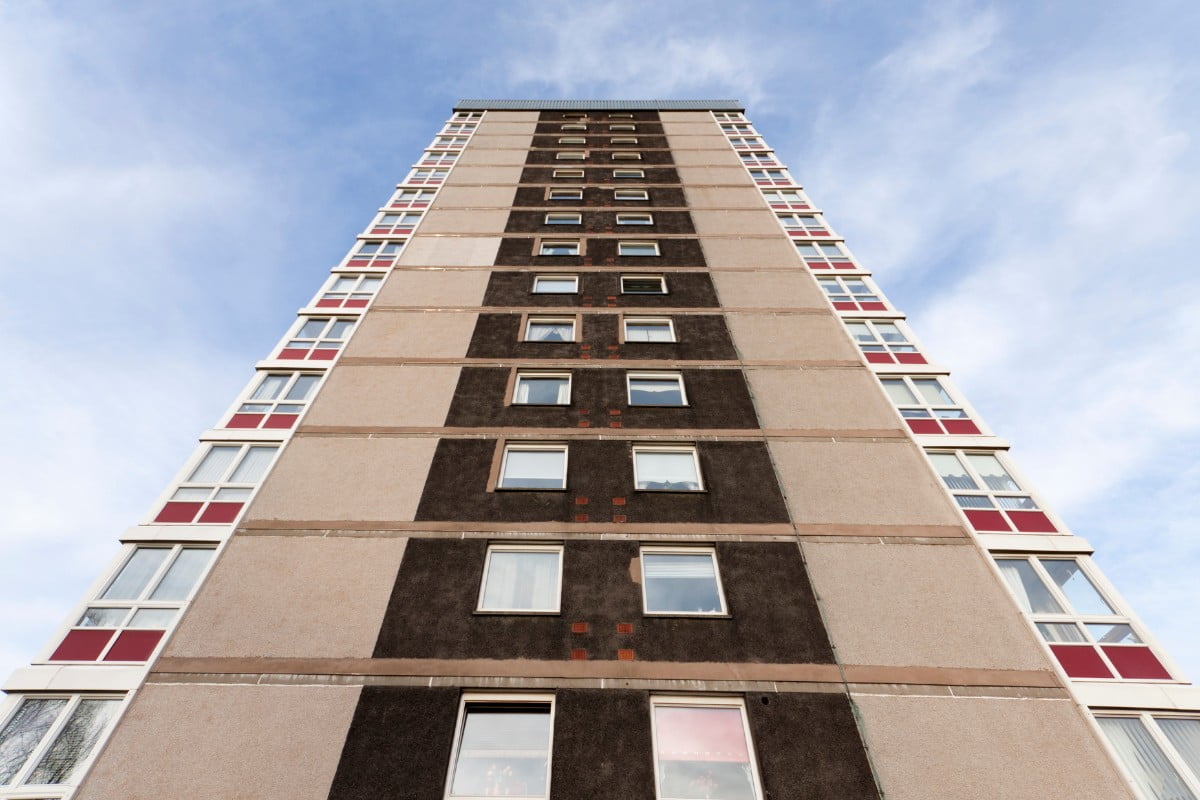In his latest Budget, Rishi Sunak is set to announce a further ‘rescue package’ to save business. At the same time, the Chancellor has made it clear that austerity still lies ahead for workers. We say: make the bosses pay for this crisis!
British capitalism is in a parlous state, battered from all directions. In 2020, the UK economy faced a historic collapse of almost 10% – two times greater than the fall seen in Germany, and three times that in the USA.
Faced with the deepest crisis since the Great Frost of 1709, the Tory government has rushed in to bailout the system.
Money has been thrown around like confetti. This includes grants to businesses, which will never be paid back; wages paid to millions of furloughed workers hanging on by a thread; and billions splashed out on the pandemic – much of which has ended up in the pockets of the Tories’ chums.
Public borrowing has never been as high outside of wartime. The budget deficit for the last financial year is predicted to be anywhere up to £400bn. This figure dwarfs the £150bn deficit after the 2008 crisis, which led to 10 years of austerity. This phenomenal level of spending has only been possible thanks to money printed by the Bank of England.
No giveaways

Rishi Sunak, the Tory Chancellor, has made it clear that this is unsustainable. He has stated that measures will be needed to ‘repair’ the government’s finances. The Budget will not be another ‘giveaway’, he says. Instead, he has stressed “the need for sustained public finances in the future”.
“If the damage from the pandemic to businesses and households is temporary, a one-off increase in the government debt burden will be easy to cope with,” writes the editorial board of the Financial Times (17 February 2020). “A more permanent loss of national income, however, would merit a very different approach.”
The pandemic inevitably poses demands for more spending on healthcare, hospitals, education, and schools. But this will depend upon the economy.
The strategists of capital are desperate to avoid a collapse. They want to keep the economic taps flowing, no matter the consequences. Tomorrow’s Budget, they implore, should be a ‘rescue package’ – rescuing capitalism, that is, not the working class.
“Either way it would be premature to try to scale back borrowing now, whether by raising taxes or cutting spending,” states the Financial Times.
They are terrified of the social and political consequences of the mass bankruptcies and mass unemployment that would follow if state support were withdrawn at this stage.
Who pays?
With public debt now at £2 trillion – almost 100% of GDP – the big question, as ever, is: who pays?
With the last Conservative Party manifesto promising not to raise income tax, national insurance, or VAT, Rishi Sunak has suggested that extra taxes might fall on businesses in order to reduce the deficit and shrink the debt.
Pressure is also coming from backbenchers in former ‘Red Wall’ seats, who have been promised a ‘levelling up’ by Boris Johnson. This requires additional sources of funding, however; or cuts from elsewhere in the Budget.
One area facing the chop is already creating a stir within the Tories: the aid budget. The government has stated that this is to be reduced from 0.7% of GDP to 0.5%. This is anathema to the ‘sensible’ wing of the Tory Party, who see it as a tacit admission of British imperialism’s loss of ‘soft power’.
#Budget2021 should not be another ‘big business as usual’ budget – instead now is the time for urgent action to avert economic, social and climate catastrophe.
The time has come to transform our economy and society to ensure jobs, livelihoods, health and our planet come first.
— Jeremy Corbyn (@jeremycorbyn) March 2, 2021
Similarly, the idea floated of a rise in corporation tax (possibly from 19% to 25%) has been forcefully rebuffed by the more Thatcherite layer of the party. The ground is therefore being prepared for further clashes between the different factions within the Tory Party.
But traditional Conservatives are not the only ones opposing such a tax on big business. The Labour leadership have also criticised this suggestion, with ‘Sir’ Keir Starmer stating that it would “choke off” any recovery by dissuading investment.
This is scandalous stuff coming from a Labour leader. Instead of ‘incentivising’ businesses to invest and promising ‘British Recovery Bonds’, the Labour Party should be calling for public ownership over the banks and major monopolies.
Only on this basis can society’s economic resources be planned and deployed to ‘level up’ the living standards of all – and not to boost the bank balances of the bosses and Tory cronies.
Desperate measures

There are also splits and tensions within the Bank of England as to how far to go if the recovery is lacklustre. Some argue for buying more government debt and expanding quantitative easing (QE) to pump money into the economy. Others want to introduce negative interest rates – an equally drastic measure.
The only problem is that none of this will work. Printing more money will simply build up the debt pile, already over 100% GDP. QE was tried between 2010 and 2020, but with little to show for it. And interest rates are already historically low, almost at zero; so making them negative will have no real effect. Big business is already sitting on a cash pile of some £700bn, so there is no shortage of cash.
In any case, cheap money is not being put to productive use. Instead, it has flowed into speculation: into tech shares, Bitcoin, and the world’s stock markets, which are booming. Asset prices have been going through the roof. Meanwhile, the real economy has been crashing. Such is the logic of capitalism.
What is true for capitalism globally is the case for British capitalism even more so. The UK’s gross fixed investment between 2010-18 was the lowest in the G7; the only G7 country with a lower average in research and development was Italy. With little investment in machinery and technology, no wonder UK productivity growth has collapsed to nearly zero.
Social explosion

Any ‘recovery’ is therefore going to be extremely weak and anaemic, as before. However much they delay the austerity, it will come. In fact, the longer they delay, the greater it will be.
The Tories will need to start laying the ground now, however painful. “Raising taxes later, however, will be made easier if the Chancellor starts to prepare the public and his party for the inevitable,” states the Financial Times.
What they are saying is that the working class should take its medicine of cuts and tax rises, but a bit later on. But take its medicine it will.
In advance of tomorrow’s Budget, the Tories have confirmed that much of the state support seen over the last year will continue for a period, at least until the scheduled end of the lockdown in June.
The furlough scheme is to be extended by three months. The £20-per-week increase in Universal Credit will carry on for another six months. And struggling sectors such as hospitality, culture and the arts, and high-street retail are to receive a further lifeline from the government.
But eventually the life support will be removed. Then the real sickness of the system will be revealed. Previously furloughed workers will find themselves facing the sack. And ‘zombie’ firms – currently kept alive on easy money – will be killed off in droves.
This is a recipe for a social explosion, as we explained in our last editorial. But, in the end, the capitalist class has no other option.
The era of lasting reforms is at an end. What they give with the left hand, they will take back with the right. The pandemic has simply revealed the decline of British capitalism, staggering from one crisis to the next – a crisis that we will be asked to pay for.
Impasse of the system

Even as they crawl out of this crisis, another bigger crisis is being prepared down the line. This is no ‘cyclical’ problem, but an endemic crisis, reflecting the utter impasse of the capitalist system.
No amount of tinkering – through QE or negative interest rates – is going to fix this. In fact, they will only make things worse in the long term.
The whole situation is crying out for socialist policies and rational planning. The dog-eat-dog ethos of the market economy is wrecking lives. As Marx predicted, capitalism has resulted in immense poverty at one pole, and eye-watering riches at the other.
Only when the economy is under the control of the working class – and not in the hands of the bankers and billionaires – can we tackle the problems facing society.
This will allow us to plan our resources rationally, using the advances of science and technology to enormously enhance living conditions. We can easily build the schools and hospitals we need. We can build decent homes for all, and end the housing crisis once and for all. And we can guarantee everyone a job, with good pay and conditions.
But that can only be done if we nationalise the commanding heights of the economy – the major monopolies, banks and insurance companies – under democratic workers’ control and management. There is no other alternative.






